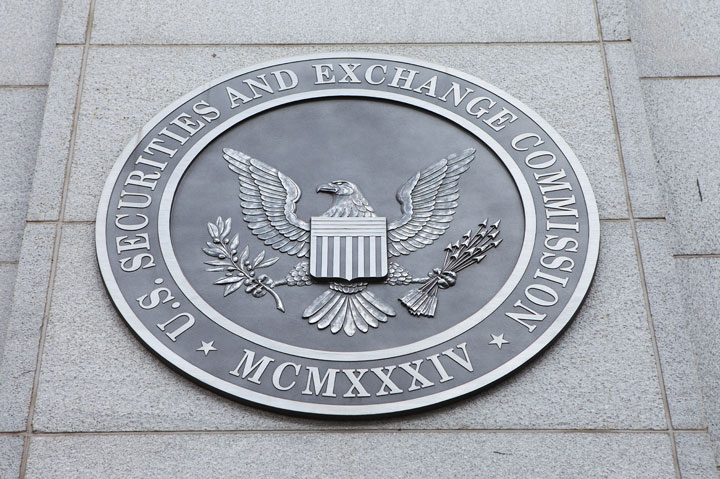April 11, 2024
Facing Legal Challenges, SEC Pumps Brakes on Climate-Risk Rule
The agency last week issued a temporary stay on its rule requiring large companies to report various climate-related risks.
The Securities and Exchange Commission (SEC) announced last week that it was halting implementation of its climate-risk disclosure rule. Facing several challenges to the rule in the U.S. Eighth Circuit Court of Appeals, the commission said it would pause the rule until review of its legal challenges was complete, according to a stay order it issued.
Despite the temporary halt, the SEC has said it still believes the rule is consistent with law and falls within its longstanding authority to “require the disclosure of information important to investors in making investment and voting decisions.”

Most of the challenges the SEC is facing question its authority to issue the climate-risk rules. However, there are also two from environmental groups that opposed things like its exclusion of Scope 3 reporting.
The climate reporting rule was finalized March 6, immediately drawing legal challenges. It was temporarily halted soon after by the U.S. Fifth Circuit Court of Appeals, when oil field services companies Liberty Energy and Nomad Proppant Services filed a lawsuit. That halt was dissolved when all related cases were transferred to the Eighth Circuit, according to reports.
The SEC said it believes the stay order “will facilitate the orderly judicial resolution of those challenges and allow the court of appeals to focus on deciding the merits.”
The SEC’s new rules would require large public companies to disclose a variety of information regarding climate-related risks, such as floods and wildfires, and how these might impact a company’s strategy, business model and financial outlook. The rules also require companies to report on Scope 1 and Scope 2 greenhouse gas (GHG) emissions starting in 2026.
Scope 1 emissions are direct GHG emissions that come from sources controlled by a company, and Scope 2 are associated with the purchase of electricity, heating and cooling. The vast majority of emissions are Scope 3 indirect emissions that occur up and down a company’s supply chain.
Regardless of the challenges, analysts have said that big businesses are unlikely to stop measuring and reporting on their direct and indirect emissions – and requiring such metrics from their vendors in the promotional products industry and beyond. Companies will still need to report Scope 3 emissions through California’s new climate disclosure laws, the European Union’s sustainability reporting requirements and for the International Sustainability Standards Board’s framework.

Promo for the Planet is your destination for the latest news, biggest trends and best ideas to help build a more sustainable and socially-responsible industry.
